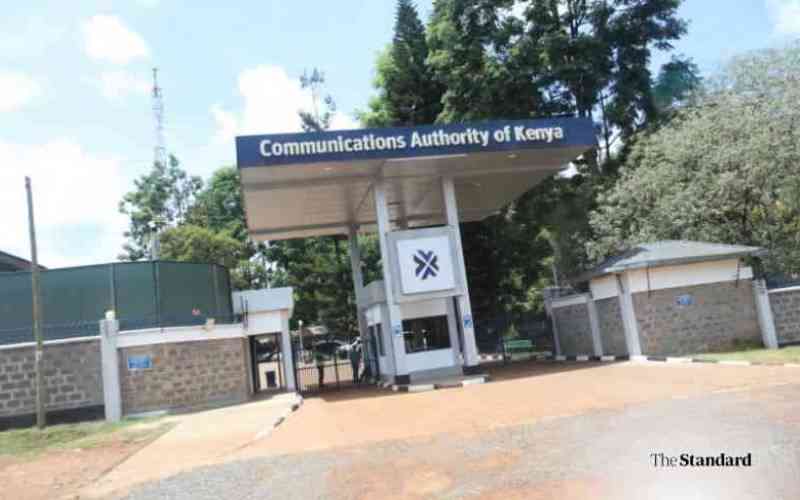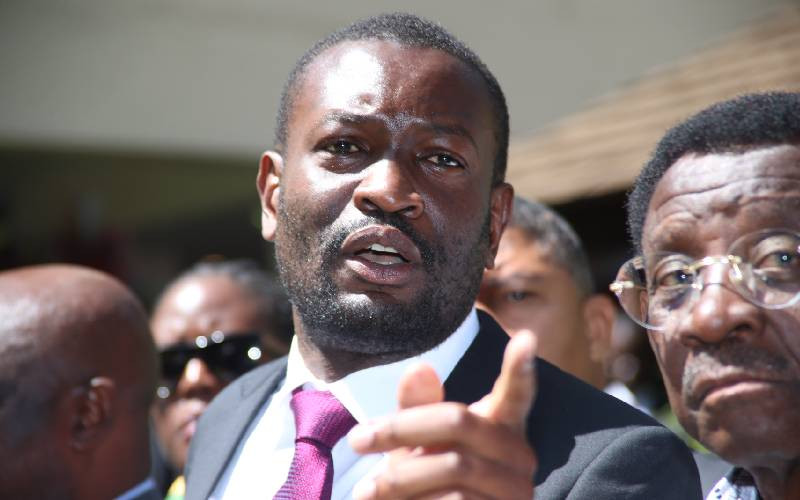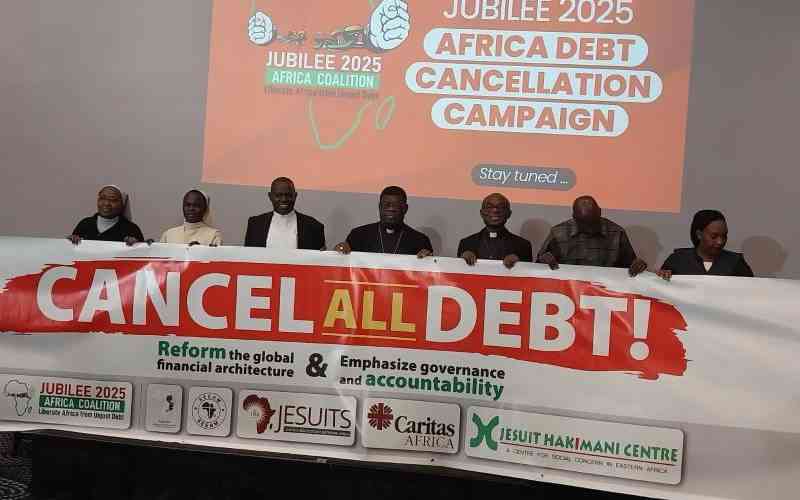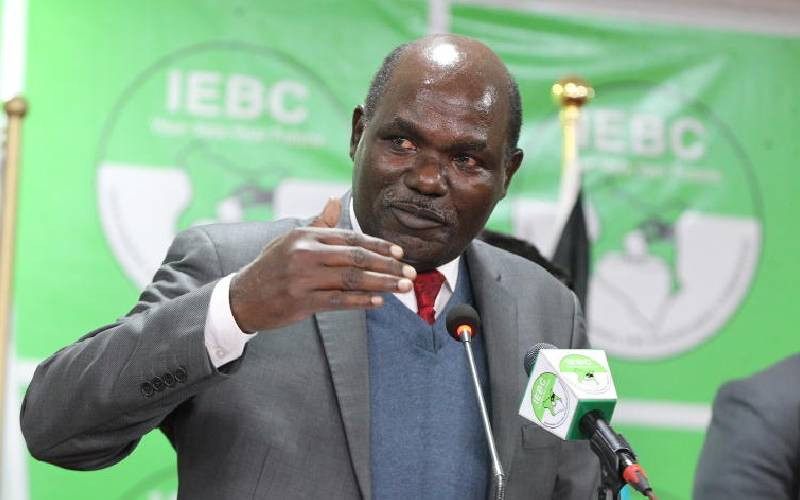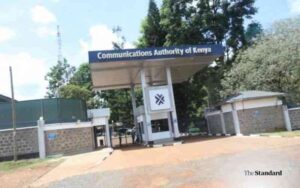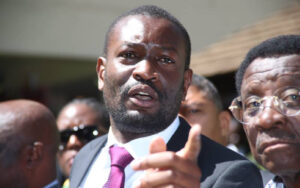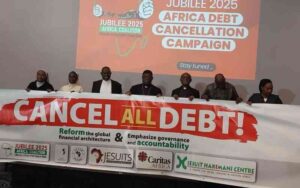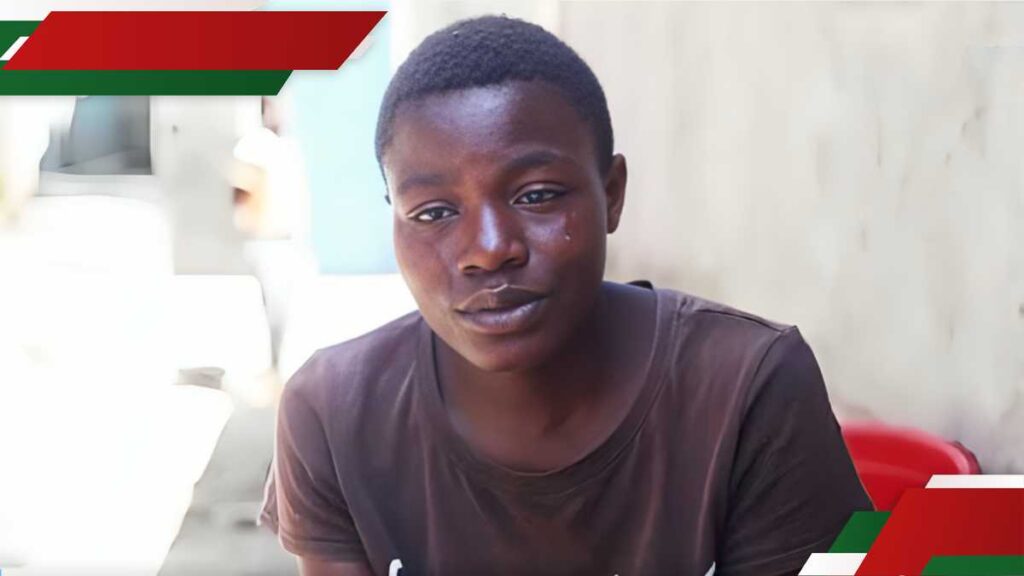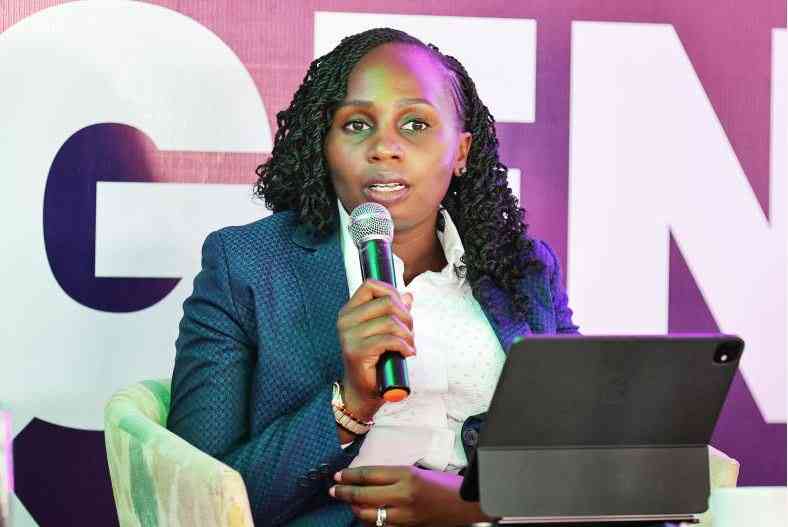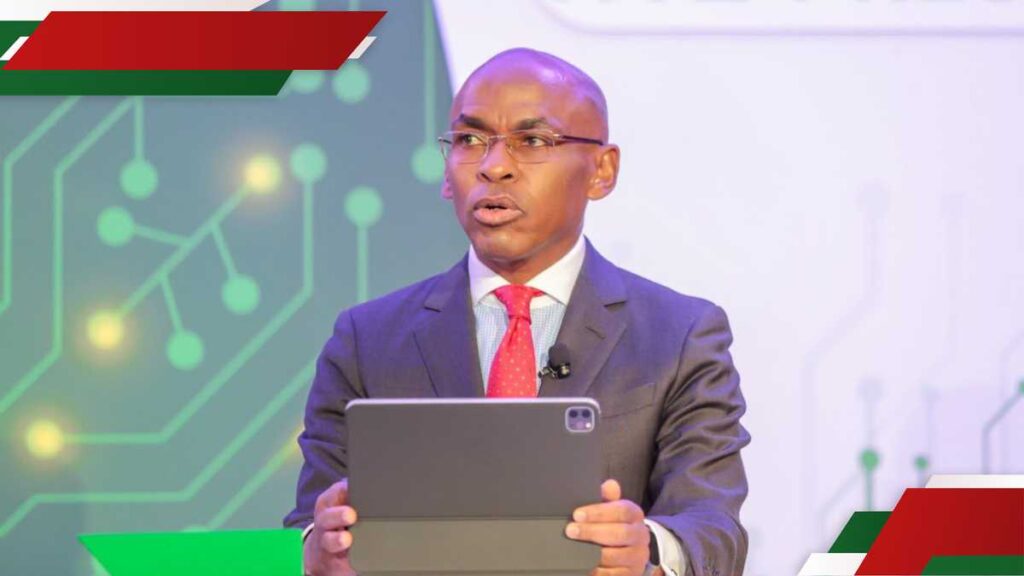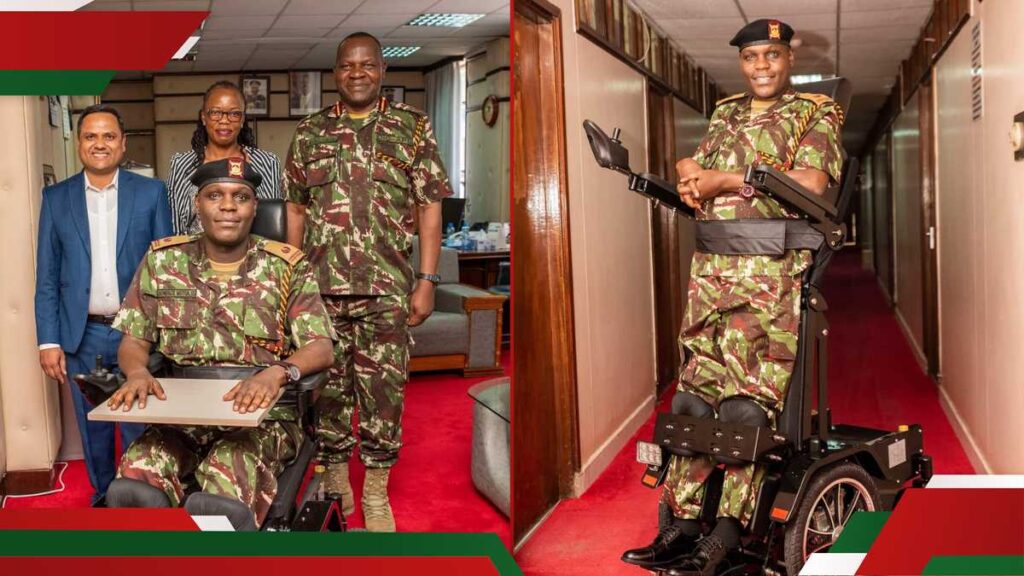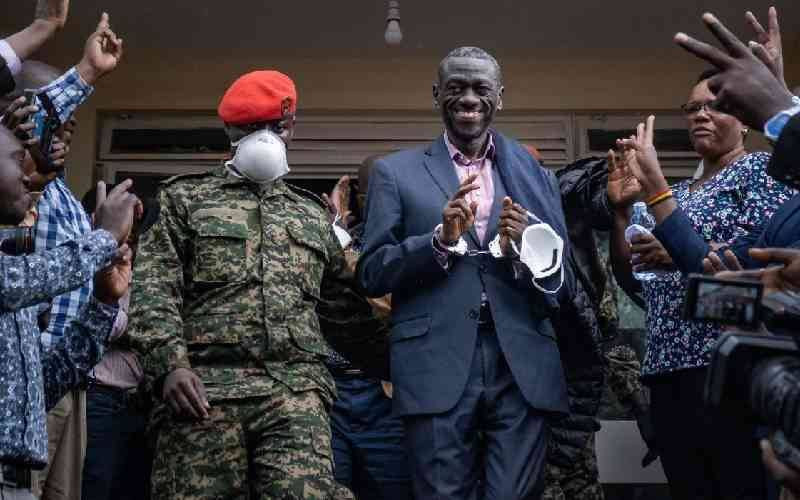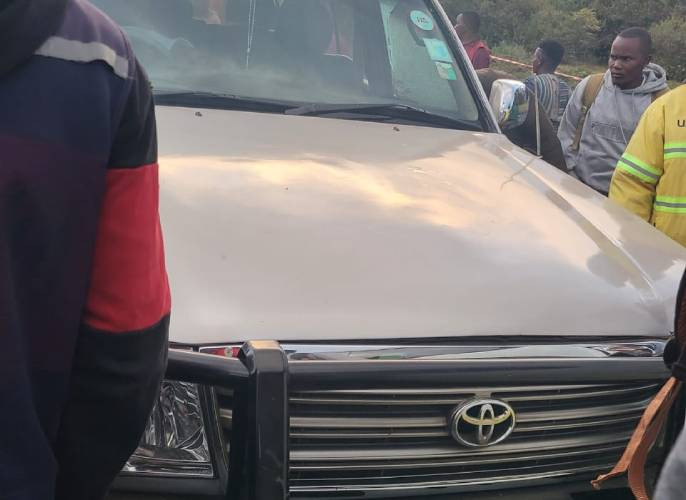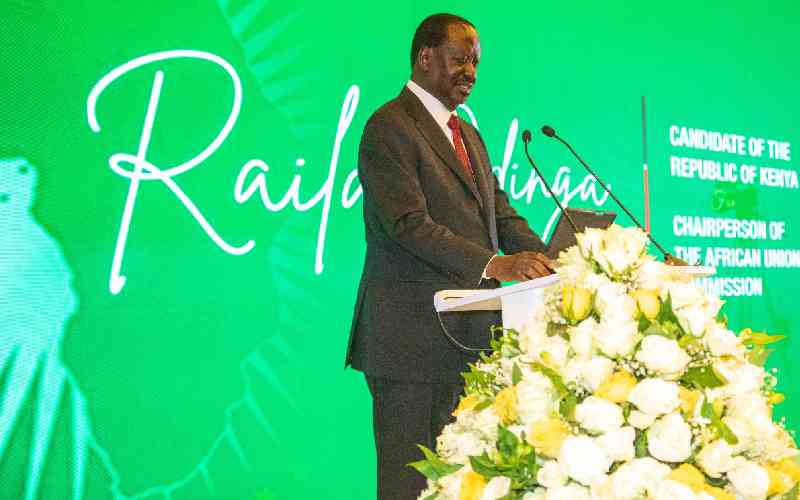The Independent Electoral and Boundaries Commission (IEBC) and former Chairman Wafula Chebukati got a major reprieve after the High Court dismissed a petition challenging the closure of the election results portal following the 2022 General Election.
Justice Lawrence Mugambi upheld the IEBC’s decision to remove the portal’s presidential result after 90 days.
This was a point of contention for the petitioners, the Kenya Human Rights Commission (KHRC), and Inuka Kenya Ni Sisi Limited.
The petitioners had faulted Chebukati and the electoral commission’s decision to close the portal within three months of the 2022 General Election arguing that this violated the public’s constitutional right to access information, transparency, and fair administrative action.
The civil society groups had sued IEBC and the former chairman for failing to meet the transparency requirements following the 2022 General Election, especially regarding the posting of presidential election results and related forms.
The petitioners’ primary concern was the delay and, at times, refusal to make critical election documents accessible through the online portal, as mandated by the Elections Act and reinforced by landmark rulings from Kenya’s courts.
Their case hinged on the assertion that these failures violated fundamental constitutional rights, including the right to information, the right to participate in government, and the right to a free and fair election process.
They demanded that the portal remain open permanently to allow the public continued access to Forms 34A and 34B, which were key documents in the transmission and tallying of presidential election results.
“Chebukati and IEBC failed to uphold their mandate as envisaged under Section 39 (1C) of the Elections Act, following the conclusion of the 2022 General Elections,” the KHRC commission argued.
At the heart of the petition was the public’s right to access election results in real-time, a principle that was reaffirmed by the Supreme Court in the 2017 case of former Prime Minister Raila Amolo Odinga and another against IEBC and further cemented in the famous Maina Kiai case of the same year.
These rulings made clear that election results are final when announced by constituency returning officers and emphasized the importance of transparency and the availability of election data to the public via a publicly accessible platform.
Despite these precedents, the petitioners argued that the IEBC had once again failed to meet the transparency requirements during the 2022 General Election.
They cited issues with the online portal’s functionality and accessibility, noting the delayed posting of forms and the eventual removal of the portal shortly after the elections concluded.
This, the petitioners argued, made it difficult for the public to independently verify the election results, casting doubt on their credibility.
Stay informed. Subscribe to our newsletter
However, in its defense, the IEBC, led by Chebukati, insisted that the closure of the portal was in line with the legal framework set out under the Elections Act.
The former IEBC chairman acknowledged that the commission had set up a publicly accessible portal for the transmission of presidential election results, in compliance with Section 39(1C)(c) of the Elections Act.
The portal allowed the public to access and download Forms 34A, 34B, and 34C for a period of 90 days following the election.
The IEBC maintained that the portal’s purpose was to provide real-time access to the election results during the election period and was not meant to serve as a permanent archive for presidential election data.
The commission also noted the substantial resources required to maintain such a portal beyond the election period, suggesting that its continued operation would be financially and logistically unsustainable.
Justice Mugambi, delivering the judgment, sided with the IEBC, rejecting the petitioners’ arguments.
“The closure of the online portal within 90 days of the election is in compliance with Section 39(1C) of the Elections Act, which specifically requires that the portal be used for the transmission of election results and not as a long-term archive,” the judge stated.
The Judge further emphasized that while the petitioners’ concerns about transparency were valid, the closure of the portal did not violate constitutional rights.
“The period for accessing these documents was clearly defined by law, and the 90-day window provided ample time for public access,” the judge noted.
The court emphasized that this period even extended beyond the time required for the settlement of the election dispute.
Furthermore, the judge made it clear that anyone who wished to access the information could do so by applying directly to the Respondents.
This process, according to the court, was in line with the Access to Information Act.




